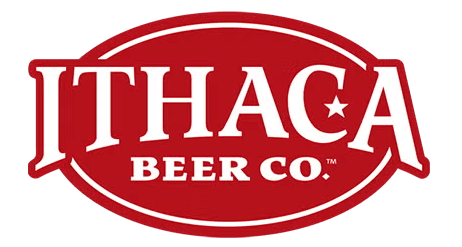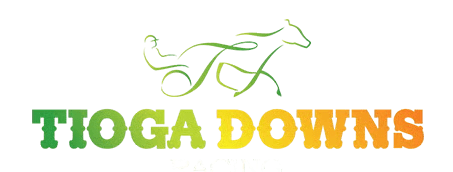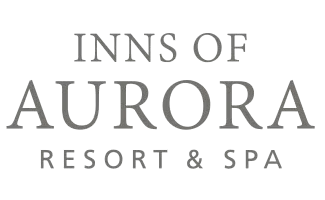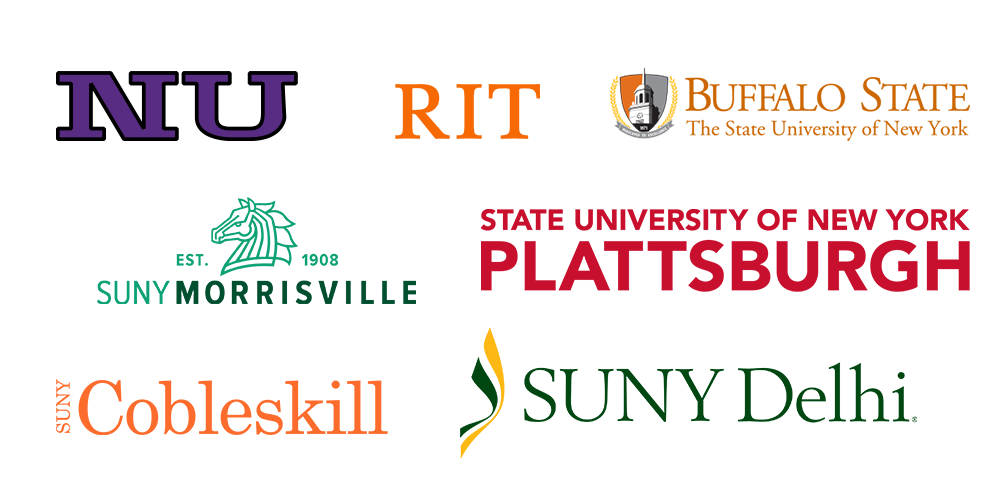Hotel & Restaurant Management
This program is designed to give you the skills and knowledge to enter the workforce immediately upon graduation.
What You'll Learn
Prepare for leadership in hospitality with expertise in service operations and guest experience.
Lead teams and deliver outstanding guest experiences in one of the world’s most dynamic industries. Coursework covers hospitality operations, marketing, event planning, and financial management, paired with hands-on experience in service environments. You’ll build leadership, organization, and customer service skills that prepare you for supervisory or management roles in hotels, resorts, restaurants, and tourism operations—or to continue toward a bachelor’s degree in hospitality management.




Program Requirements
To graduate [ 64-70 credits + 2.0 GPA or higher ]
| Course ID | Course Name | Credits | Minimum Grade |
|---|---|---|---|
| ENGL098 | Accelerated Writing Skills for ENGL 100 | 3 | |
| RDNG116 | College Reading and Study Skills | 3 | |
| MATH017 | Skills & Support Quantitative Reasoning | 1 | |
| OR MATH020 | Skills & Support for College Algebra | 2 | |
| OR MATH029 | Skills & Support for Statistics | 3 |
| Course ID | Course Name | Credits | Minimum Grade |
|---|---|---|---|
| BUAD103 | Entrepreneurship I | 3 | |
| OR BUAD106 | Foundations of Business | 3 | |
| CAPS121 | Introduction to Spreadsheets | 1 | |
| ENGL100 | Academic Writing I | 3 | |
| or | A student exempt from ENGL100 must substitute a three-credit liberal arts elective. The course should be in consultation with the student’s advisor. | ||
| HRMG100 | Introduction to Hospitality Industry | 3 | |
| HRMG108 | Food & Beverage Service Operations | 3 | |
| SUNY GE #3 Mathematics | Mathematics | 3 - 4 | |
| or | MATH110 is strongly recommended unless student plans to transfer to a four-year program. MATH200 is recommended for most. |
| Course ID | Course Name | Credits | Minimum Grade |
|---|---|---|---|
| ACCT101 | Financial Accounting | 4 | |
| ENGL101 | Academic Writing II | 3 | |
| or ENGL101H | Academic Writing II-Honors | 3 | |
| HRMG101 | Food Service & Preparation I | 3 | |
| or CULI101 | Introduction to Professional Cooking | 4 | |
| HRMG105 | Food Sanitation & Safety | 1 | |
| SUNY GE #4 Natural Sciences | Natural Sciences | 3 - 4 | |
| or | BIOL 114, ENVS 101, or ENVS 141 recommended. Students planning to transfer to a four-year program should choose a course in consultation with the student’s advisor according to requirements at the intended transfer institution. | ||
| ANTH201 | Introduction to Anthropology | 3 | |
| or ANTH202 | Cultural Anthropology | 3 | |
| or ANTH202H | Cultural Anthropology - Honors | 3 | |
| or ANTH220 | Applied Anthropology Globalizing World | 3 | |
| or ANTH220H | Applied Anthropology Globalizing World | 3 | |
| or ANTH290 | Social Science Capstone Course | 3 | |
| orECON101 | Introduction to Economics | 3 | |
| or ECON120 | Principles of Microeconomics | 3 | |
| or ECON121 | Principles of Macroeconomics | 3 | |
| or ANTH260 | Culture Survey for Study Abroad | 3 | |
| or ANTH295 | Global Seminar | 3 | |
| or ANTH295H | Global Seminar-Honors | 3 | |
| or | Choose from ANTH or ECON courses. ECON 120 or ECON 121 recommended. |
| Course ID | Course Name | Credits | Minimum Grade |
|---|---|---|---|
| BUAD219 | Human Resource Management | 3 | |
| ENVS112 | Food Sys III: Identity, Ethics, Culture | 3 | |
| HRMG103 | Lodging Operations Management | 3 | |
| HRMG107 | Safe Alcohol Handling | 1 | |
| BUAD ELEC | Business Elective | 3 | |
| or CULI ELEC | Culinary Elective | 3 | |
| or ENVS ELEC | Environmental Studies Elective | 3 | |
| or WINE110 | Bartending & Mixology | 3 | |
| or WINE120 | Survey of Wine and Alcoholic Beverages | 3 | |
| or WINE130 | Grape Growing and Wine Business | 3 | |
| or WINE200 | Sensory Evaluation Wine & Food Pairing | 3 | |
| or WINE202 | Beverage Studies | 3 | |
| or WINE213 | Wine Marketing Internship | 3 | |
| or WINE220 | Wine Marketing and Merchandising | 3 | |
| or | Choose from BUAD, CULI, ENVS, HRMG, or WINE. Recommended: BUAD 212, WINE 110, or WINE 200. A minimum of 6 Restricted Elective credits is required. One Restricted Elective may be used toward 6 credits in Applied Learning. NOTE: Completion of WINE 110, HRMG 107, and HRMG 108 award the Food & Beverage Service Microcredential. | ||
| BUAD ELEC | Business Elective | 3 | |
| or CULI ELEC | Culinary Elective | 3 | |
| or ENVS ELEC | Environmental Studies Elective | 3 | |
| or HRMG ELEC | Hotel & Restaurant Management Elective | 3 | |
| or WINE110 | Bartending & Mixology | 3 | |
| or WINE120 | Survey of Wine and Alcoholic Beverages | 3 | |
| or WINE200 | Sensory Evaluation Wine & Food Pairing | 3 | |
| or WINE202 | Beverage Studies | 3 | |
| or WINE213 | Wine Marketing Internship | 3 | |
| or WINE220 | Wine Marketing and Merchandising | 3 | |
| or | Choose from BUAD, CULI, ENVS, HRMG, or WINE. Recommended: BUAD 212, WINE 110, or WINE 200. A minimum of 6 Restricted Elective credits is required. One Restricted Elective may be used toward 6 credits in Applied Learning. NOTE: Completion of WINE 110, HRMG 107, and HRMG 108 award the Food & Beverage Service Microcredential. |
| Course ID | Course Name | Credits | Minimum Grade |
|---|---|---|---|
| ENGL201 | Public Speaking | 3 | |
| or ENGL201H | Public Speaking - Honors | 3 | |
| or ENGL204 | Interpersonal Communication | 3 | |
| or ENGL210 | Intercultural Communication | 3 | |
| HRMG201 | Hospitality Law | 3 | |
| HRMG205 | Hospitality Marketing | 3 | |
| HRMG206 | Food and Labor Cost Control | 3 | |
| BUAD261 | Walt Disney World College Program | 3 | |
| or BUAD263 | Business Internship | 3 | |
| or BUAD266 | Business Internship | 6 | |
| or HRMG213 | Hospitality Internship | 3 | |
| or HRMG216 | Hospitality Internship | 6 | |
| or | This course must be approved by the department chair; choose from BUAD 261, BUAD 263, BUAD 266, HRMG 213, or HRMG 216. One Restricted Elective may be used toward 6 credits in Applied Learning. |
Transfer Agreements

| Transfer School Sort descending | Transfer Program |
|---|---|
Transfer School: Hobart and William Smith Colleges |
Transfer Programl: Multiple Programs |

Student & Faculty Stories
On this page
Attend Discovery Day!
Curious about TC3? Discovery Days give you an inside look at our campus, programs, and an opportunity to connect with the staff and faculty who are here to support you. Click the link below to register for our Business, Hospitality, Accounting, and Sports Management Discovery Day!
Real-world Experience
This program has applied learning built right in to the coursework, so when you graduate you’ll have tangible, real-world experience that employers are looking for, making your job search that much easier.
Take on as much (or as little) as you want. Our microcredentials and certificates provide you with credits to apply to 2-year programs – when you’re ready!